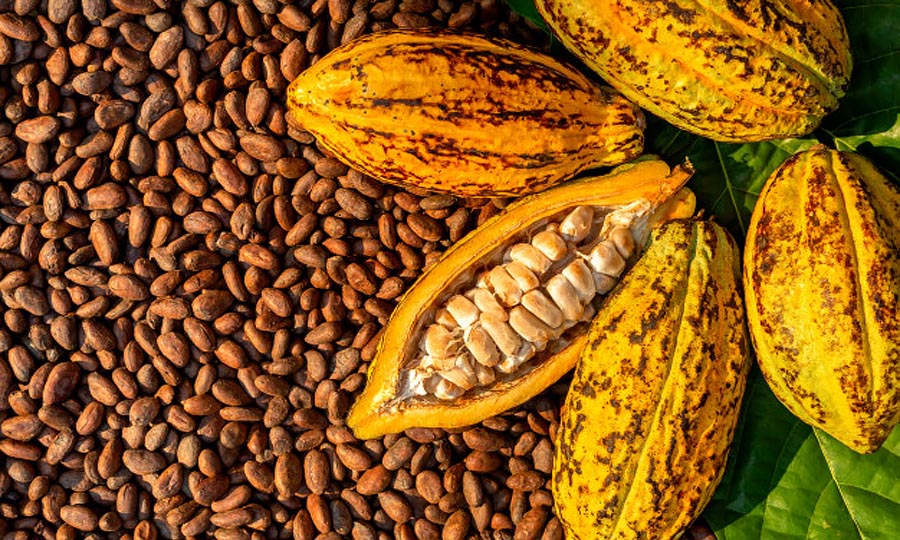Recent inclement weather in West Africa has jeopardized cocoa output, driving up the price of the commodity to all-time highs on the London Intercontinental Exchange.
The cash crop was selling for 2,808 British pounds per metric ton at the time of writing on the UK commodities exchange, not far from its 52-week high of 2,873.
Market indicators highlight that the commodity is above the 50-week and 25-week moving averages, and the Stochastic Oscillator and Relative Strength Index have risen over the overbought mark. As a result, there is a chance that the price will see a little downturn in the upcoming weeks before continuing to rise.
Supply Shortage and Growing Demand Drive Price Surge
Prices are rising because of a much more competitive cocoa market, as less cocoa has been arriving at ports in Cote d’Ivoire, the world’s top producer, for export this season.
According to the International Cocoa Organization (ICCO), the projection for a global shortage of cocoa has increased from 60,000 metric tons to 142,000 metric tons.
The world’s top exporter of cocoa, Cote d’Ivoire, saw above-average rainfall in June, which hampered the drying of already-collected cocoa beans.
In addition, cocoa prices have jumped due to the ongoing supply and demand imbalance in the industry. With the global economy reopening, demand from major companies such as Hershey and Mondelez has surged. Demand is also booming due to the growing middle class in Asian countries such as China and Indonesia.
Companies such as Mars, Mondelez, and Hershey have long-term purchase agreements that take the burden off market prices. Climate change will also affect crop production.
What you should know
On the speculative side, the largest cocoa deal in more than a decade has rocked the London Stock Exchange, evoking memories of when a hedge fund manager named ‘Cofffinger’ tried to conquer the market. Two years of losses have led to a significant reduction in inventories of key chocolate ingredients, bringing inventories to their lowest levels in 40 years.
This leaves soft traders prone to shortages, forcing them to buy back futures when they cannot find enough supply to ship to buyers when contracts expire.
Rising cocoa shortages in recent years have slashed inventories, leaving some chocolate makers with no choice but to panic buy, traders said. This created significant pressure, with the July cocoa contract resulting in a premium of £240 per tonne over the next contract.




















